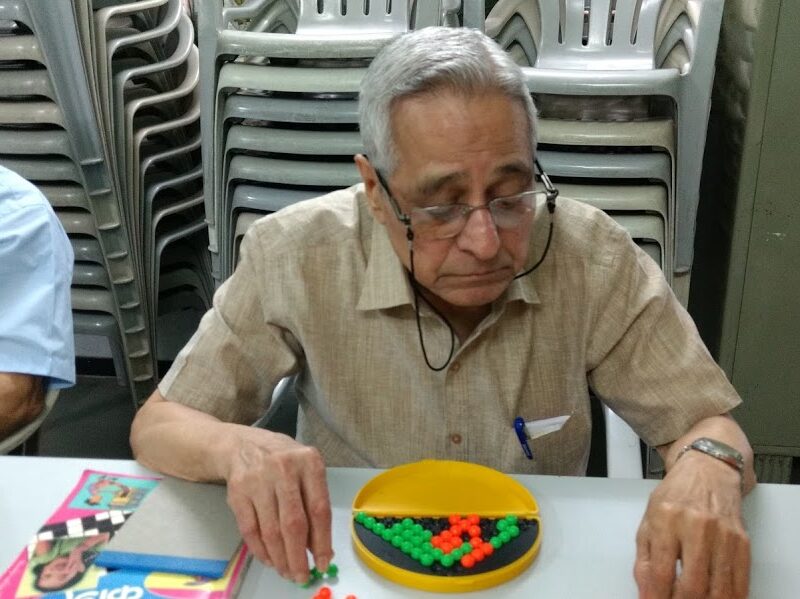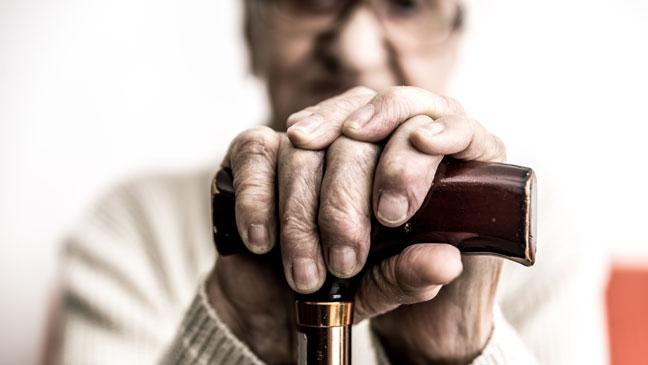Dementia typically progresses in three stages – early, moderate and advanced. However, it is important to know that the disease affects each person differently. The rate at which the symptoms travel may also vary with the person. Besides not all symptoms could be seen in each person.
Early Stage – In this stage the person mostly functions independently. He/she can carry out daily household responsibilities, can continue to work and engage in social life. That does not mean there are no memory lapses. But these lapses are not very noticeable by the outsiders though family members know what the problems are. Common difficulties may include –
· Finding appropriate words
· Remembering names of people especially new acquaintances
· Having difficulties in work setting
· Short term memory problems
· Losing or misplacing things
· Difficulties with planning and organizing tasks
Middle stage – This is the longest phase of the disease and can go into many years. The problems are very much obvious. It is very difficult to continue to hold job responsibility. The person may start to get confused, frustrated and angry. Family members will have to deal with behavioural issues. Person may not able to express his/her thoughts and may need to be supervised in certain tasks. Family members role widens and caregiving may seem to be a daily need. Slowly it becomes difficult to continue performing routine tasks and the person may need more and more assistance. Common experiences may include –
· Becoming more forgetful of events and personal life
· Feeling moody and withdrawn, especially in socially and mentally challenging situations
· Orientation difficulties
· Behaviours which are difficult to understand by the family members
· Requiring support for personal tasks
· Trouble with bladder and bowel functions
· Changes in sleep pattern
Advanced stage – Memory and cognitive skills continue to get worse as the disease continues to progress over the years. In this stage individuals lose their ability to be part of their environment and carry out conversation and eventually may lose their ability to move. The person becomes unable to perform daily personal tasks and needs extensive round the clock help. Their health starts deteriorating and may need more and more medical assistance.



